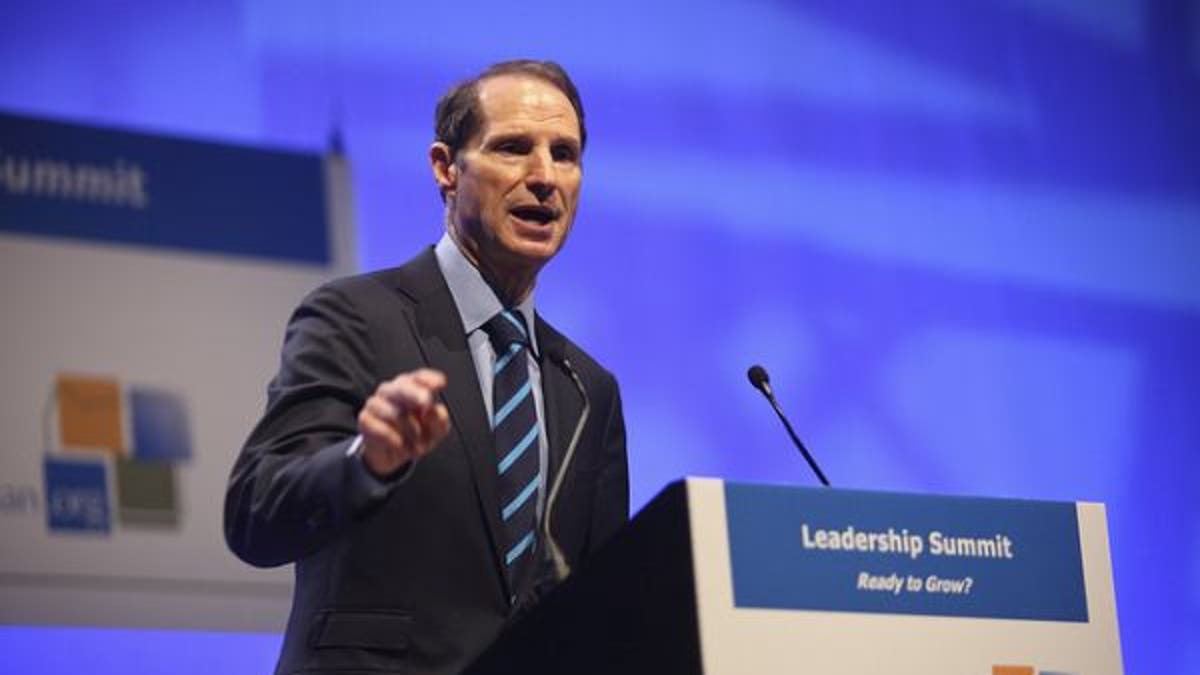
Nothing gets a diehard cord cutter sputtering like bringing up broadband Internet data caps, but that'll change if new legislation proposed by Oregon Senator Ron Wyden manages to worm its way through Congress. Wyden's bill, dubbed The Data Cap Integrity Act, would strictly regulate the way ISPs handle data caps, with a stated goal of ensuring data caps are used only to manage network congestion, rather than being implemented as a sneaky way to maximize revenue.
"Some data caps are so blunt that they may work to discourage Internet use even when doing so has no bearing on network congestion," a statement released with the legislation accuses, according to ArsTechnica. Wyden fears harsh and arbitrary data caps could harm innovation in the digital age.
Wyden's bill would give the FCC power to regulate the way ISPs measure network usage and force ISPs to provide customers with real-time data monitoring tools, lessening the risk of the dreaded "bill shock."
The bill would also require data caps to be established, as mentioned above, only to "reasonably limit network congestion," not to impose artificial limits on consumers. (The language action occurs in a section of the bill entitled "Smart caps, not dumb ones," in case you were wondering what Wyden really feels about the current state of data caps.)
One final aspect of the legislation will probably come under intense fire in Washington: Wyden's bill would bar ISPs which impose data caps from providing "preferential treatment of data that is based on the source or the content of the data" -- a sort of net neutrality, in other words. Net neutrality is a touchy topic on Capitol Hill; this last clause's inclusion could wind up being the death of Wyden's bill.
It's not clear whether the bill is aimed at home wireline ISPs alone, such as Comcast, or if the legislation would also include mobile carriers. Wyden was one of the leading Congressional voices in the fight against the SOPA and PIPA legislation at the beginning of the year, which resulted in many of the Web's top sites "going dark" on January 18th. Both bills were shelved shortly thereafter.
